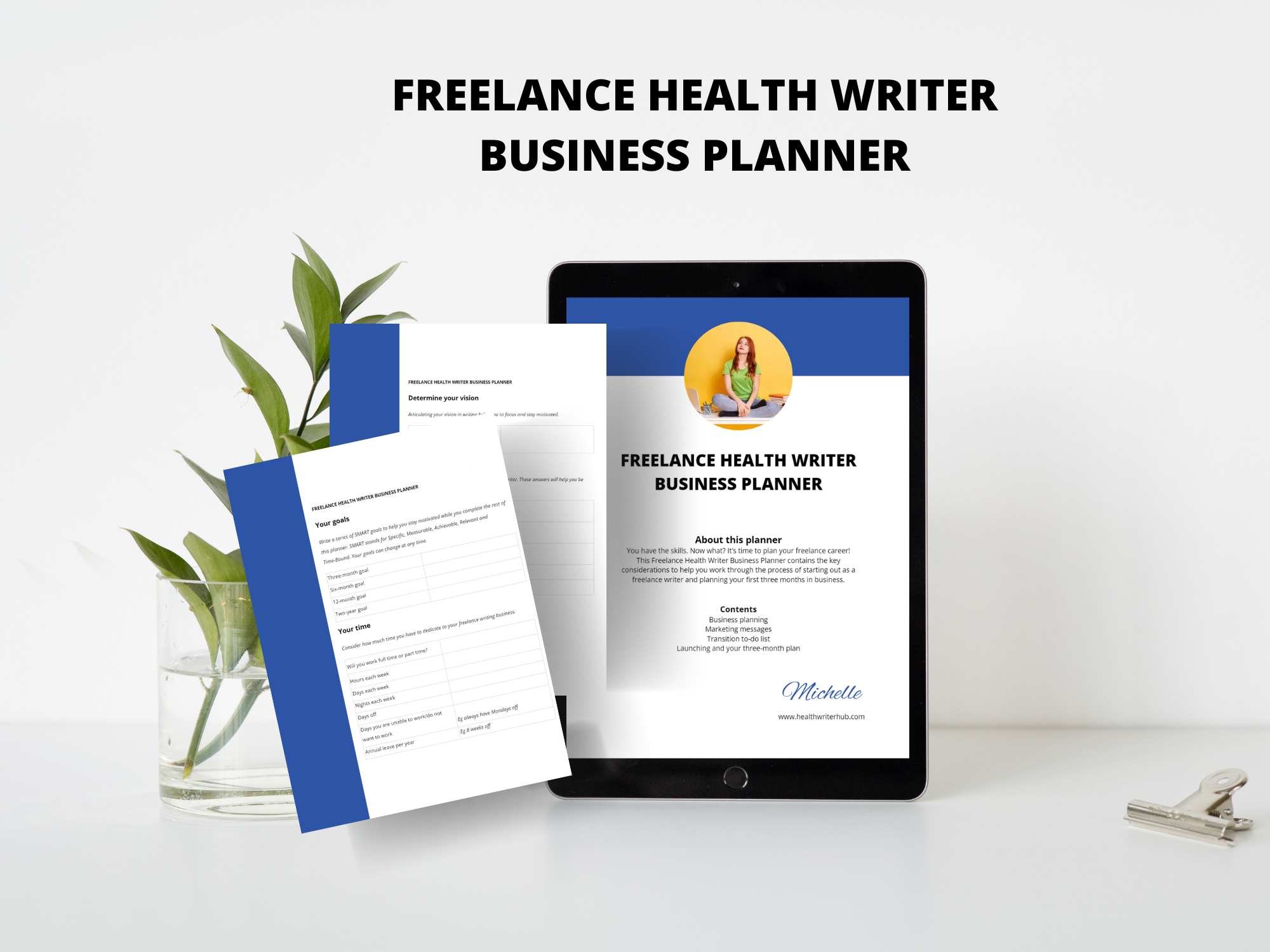Have you been given a brief from a health client and felt confused about how to conduct research?
It could be that you’re overwhelmed with conflicting ideas.
Or, perhaps you have too much research to choose from.
Not knowing where to find high-quality sources – or how long to spend researching the issue or health topic – can also make you feel confused and frustrated.
While you don’t need to have a medical degree to be a health writer, you do need to be able to conduct research properly.
Well-researched content is more likely to be of high high-quality, scientifically accurate and based on up-to-date medical evidence.
That means your readers will be able to make the best choices for their health after reading your content.
What’s involved in conducting research for a writing project?
Research is generally defined as the investigation of materials and sources in order to establish facts and reach new conclusions.
When you’re conducting research for a writing project, it’s about informing yourself – that is, learning about a topic you know little about so you can write about it well.
Researching to support your writing isn’t just typing a few keywords into PubMed and selecting sources from the search results list. In fact, this may not always provide the best sources.
As you research, you’ll want to read widely from a variety of sources.
How do I find sources to help me conduct research?
First, your project’s key requirements should be outlined in your project brief, or during the project agreement stage.
Then, work out where the knowledge gaps are. The sources you choose will always depend on your project’s key requirements.
As you conduct research for your project, you’ll encounter various health sciences sources:
- Primary sources are original documents that are written during the study to offer an inside experience, such as conference papers, theses, patents or interview transcripts. They can also include data sets that have been tabulated but not interpreted
- Secondary sources interpret or analyses primary sources and are generally, journal article reviews, websites, blogs, textbooks or databases (such as MEDLINE)
- Tertiary source is the distilled information from the collection of primary and secondary sources, such as almanacs, manuals, textbooks or a medical dictionary.
Which sources are the most reliable?
In general, primary sources are not considered reliable sources of high-quality evidence.
Bibliographic and empirical research published in the top medical journals is a great start, paying close attention to literature reviews or systematic reviews.
As you know, there are many health-related websites and blogs full of articles summarising health topics and offering medical advice. The most reliable websites tend to include those written by medical professionals (eg Web MD, Mayo Clinic) as well as government-run websites. While health blogs and websites can be useful for background reading, never rely on these alone. If you’re referencing or writing about a medical study, always go back to the original journal article and read it in full.
To find good secondary and tertiary sources, you might also consider University publications, research organisations, and medical guidelines from expert bodies or white papers.
How many sources should I read?
You can never conduct too much research to understand a topic, but you can be selective about which sources to choose to reference in your writing.
Reading and understanding your sources can mean reading about competitors, evidence that supports contrary findings or more recent evidence.
Being equipped with quality and up-to-date evidence means your writing will be relevant and accurate.
How do I know when I’ve conducted enough research?
Knowing your limits, though, is important. There will inevitably come a point when you have read enough and gathered enough evidence to support your project.
The best gauge to know when you have conducted enough research is yourself. Your synthesis and breadth of knowledge of the health topic is the most reliable tool to determine when you have enough evidence to support your writing.
And you can feel confident knowing you will be delivering well-researched, high-quality health writing.

